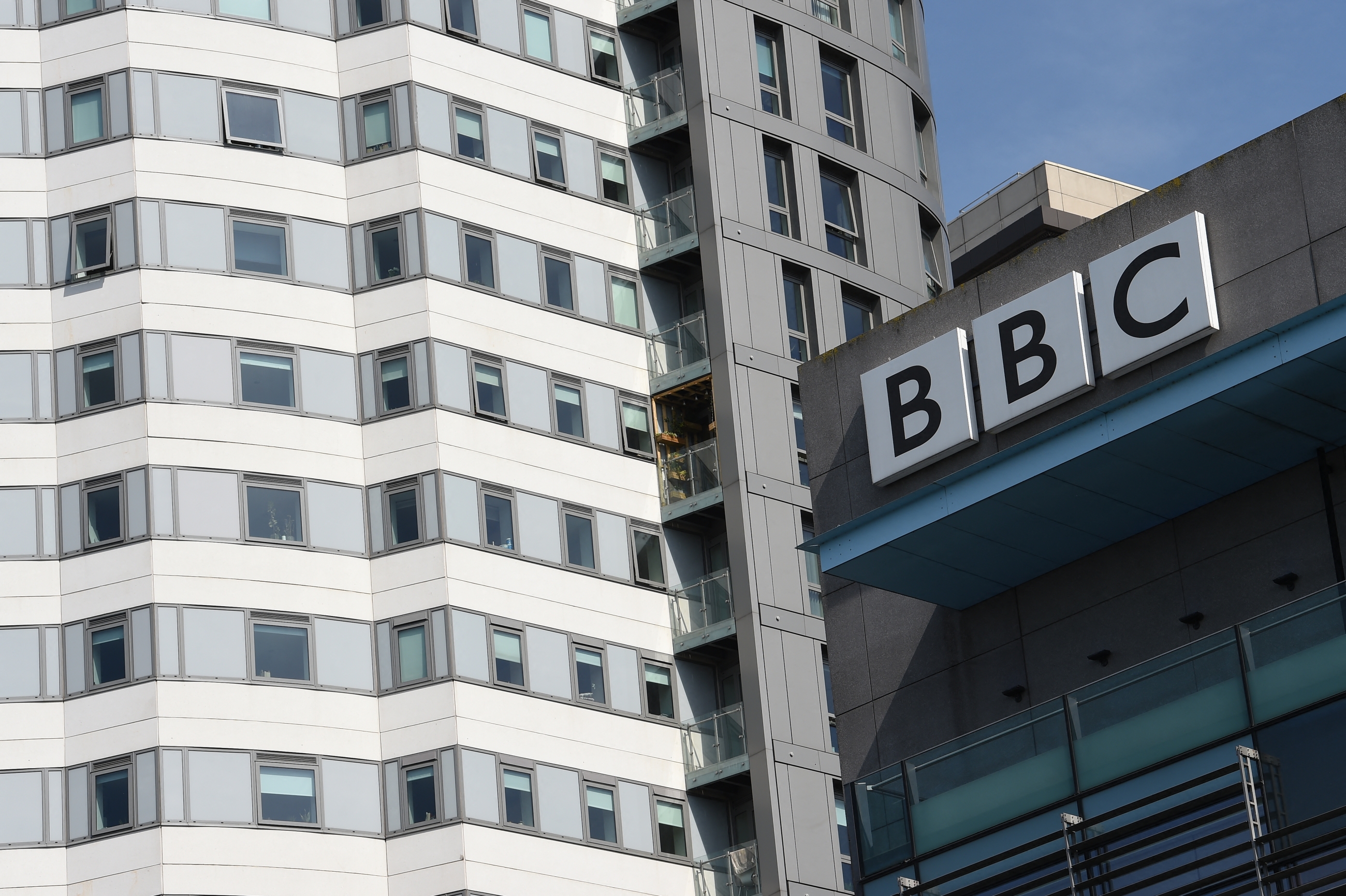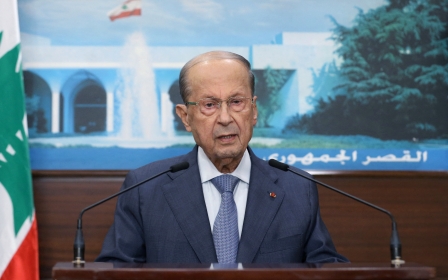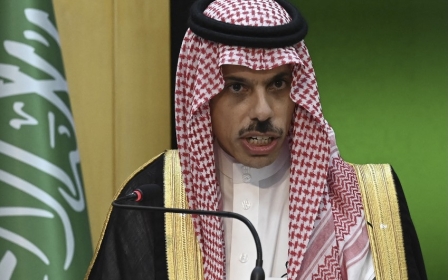Saudi oil firm earns BBC $300,000 despite organisation's net-zero pledge

The BBC earned $300,000 last year from Saudi Arabia's state oil firm despite a promise from the organisation's head that it would aim to reduce “fossil fuel usage across its operations".
The company, which does not carry advertising in the UK but does in its overseas broadcasting, received the money in advertising revenue from Saudi Aramco in 2020.
BP, Exelon and Phillips 66 are also thought to have spent five-figure sums advertising on BBC outlets in the last three years.
According to projections produced by the advertising data firm MediaRadar, fossil fuel companies are estimated to have spent $660,000 on digital-focused advertising on the BBC since 2018.
BBC director-general Tim Davie last month said that he would be pushing the broadcaster to “dial up the focus on sustainability” and pursue a “deep decarbonisation” strategy to hit net zero by 2030.
New MEE newsletter: Jerusalem Dispatch
Sign up to get the latest insights and analysis on Israel-Palestine, alongside Turkey Unpacked and other MEE newsletters
Aramco decarbonisation pledge
On Sunday, Saudi Aramco said the company's earnings rose 158 percent year-on-year in the third quarter on higher oil prices and volumes sold as the global economy recovered.
Aramco's profits surge comes as world leaders gather for the UN's COP26 climate summit in the Scottish city of Glasgow, a key meeting in the battle against global warming.
Aramco's net income was $30.4bn in the third quarter, up from $11.8bn in Q3 last year, with free cash flow more than doubling to $28.7bn. Shareholders will receive $18.8bn in dividends.
Aramco chief executive Amin Nasser said his company would "build on our track record of low-cost and low-carbon intensity performance" after announcing last week that it intends to achieve net-zero carbon emissions in its operations by 2050.
The carbon-neutrality pledge by Aramco, the world's biggest oil producer, was met with scepticism by environmentalists as it excludes emissions from the company's products.
Saudi Arabia, one of the world's biggest polluters as well as the top oil exporter, has also pledged to achieve net zero carbon emissions by 2060.
Earlier this month Aramco announced that it planned to raise oil production to a maximum sustainable capacity of 13 million barrels a day by 2027.
Middle East Eye delivers independent and unrivalled coverage and analysis of the Middle East, North Africa and beyond. To learn more about republishing this content and the associated fees, please fill out this form. More about MEE can be found here.





